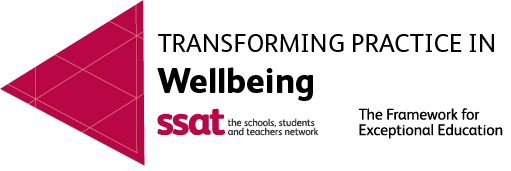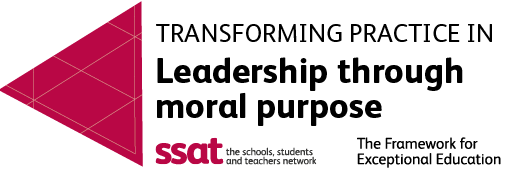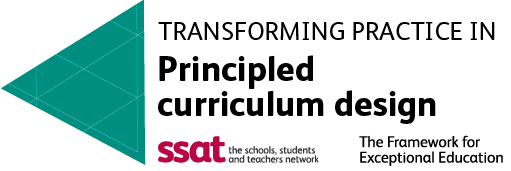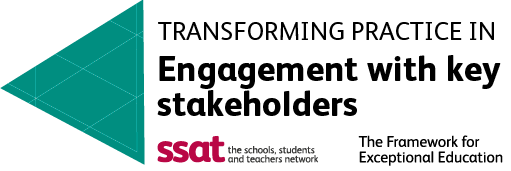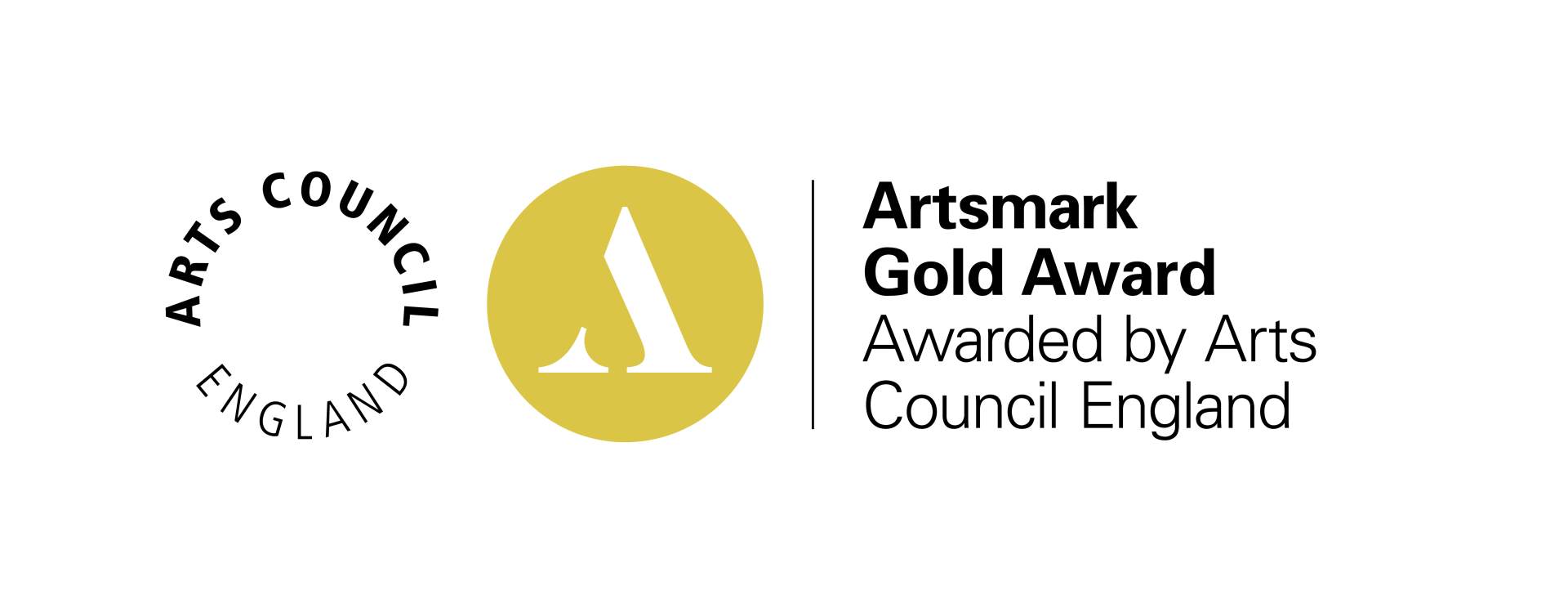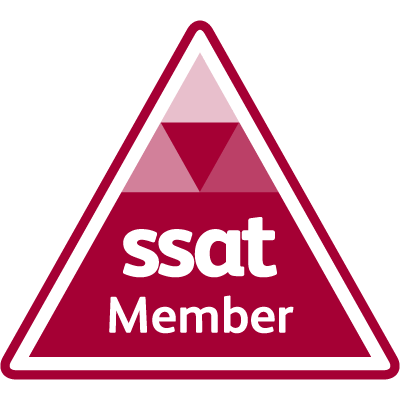Health & Social Care (Certificate/Extended Certificate - Level 3 Cambridge OCR AAQ Advanced National)
Course Specification |
|
Subject Specific Entry Requirements |
Grade 4 in Biology or Combined Science; level 2 pass in Health and Social Care if taken at GCSE |
Costs Associated with this Course |
Workbooks and classroom copies of textbooks will be provided although a textbook at home may be useful for additional research and reading, no work can be completed outside of supervision of the class teacher. There are two text books available for this course one published by Cambridge ISBN 9781009817400 £32.95 and the other by Eboru ISBN 9780992900298 £32.99, a revision guide has also just been published for the examination units this is currently around £16.99 ISBN 9781917948040. |
Are you -
Interested in a career in paediatric or adult nursing, mental health nursing, midwifery, social work, counselling or working in the mental health sector or other health related employment?
How will you be assessed?
The Cambridge OCR Level 3 AAQ is a stand alone qualification that pairs well with the AAQ in mental health: individuals and society to provide a double A Level Equivalent qualification, this is a brand new qualification that was launched nationally in 2025 but this is our first year of running it as it has replaced the legacy Health and Social Care Diploma option.
This is a full time 2-year course at level 3 which takes the place of 1 option. It is a vocational work-related subject which includes 360 guided learning hours. You will be expected to complete independent study and research outside of your lesson time but will only be able to work on the NEA coursework assignments under the direct supervision of your teachers. We do have our own study room with a bank of chromebooks specifically for students on the course to use.
The course is made up of:
Year 1: Certificate Units
F090 Principles of health and social care. This is an externally marked mandatory examination unit that requires 80 guide led learning hours of teaching. The examination for this unit is anticipated to be in the summer of year 12.
F091 Anatomy and Physiology for health and social care. This is an externally marked mandatory examination unit that requires 80 guided learning hours of teaching. The examination for this unit is anticipated to be in the January of year 13 but will be taught across year 12 and 13.
F092 Person centred approach to care. This is a mandatory internally assessed by externally moderated NEA coursework unit that requires 50 guided learning hours of teaching. The assessment is set annually by the exam board and changes each year. This will be completed in the first part of year 12 and due to levels of control cannot be completed outside of the classroom setting.
F093 Supporting people with mental health conditions. This is a mandatory internally assessed by externally moderated NEA coursework unit that requires 50 guided learning hours of teaching. The assessment is set annually by the exam board and changes each year. This will be completed in the last part of year 12 and due to levels of control cannot be completed outside of the classroom setting.
Year 2: Extended Certificate Units
F091 Anatomy and Physiology for health and social care. This is an externally marked mandatory examination unit that requires 80 guided learning hours of teaching. The examination for this unit is anticipated to be in the January of year 13 but will be taught across year 12 and 13.
F095 Investigating Public Health This is an internally assessed by externally moderated NEA coursework unit that requires 50 guided learning hours of teaching. The assessment is set annually by the exam board and changes each year. This will be completed in the first part of year 13 and due to levels of control cannot be completed outside of the classroom setting.
F096 Supporting people in relation to sexual health, pregnancy and postnatal health. This is a mandatory internally assessed by externally moderated NEA coursework unit that requires 50 guided learning hours of teaching. The assessment is set annually by the exam board and changes each year. This will be completed in the second part of year 13 and due to levels of control cannot be completed outside of the classroom setting.
Or F094 Supporting people with long term physiological conditions. This is a mandatory internally assessed by externally moderated NEA coursework unit that requires 50 guided learning hours of teaching. The assessment is set annually by the exam board and changes each year. This will be completed in the second part of year 13 and due to levels of control cannot be completed outside of the classroom setting.
What will I study?
All students will be registered for the Extended certificate qualification. There is an option where needed to certificate for the equivalent of half an A-level at the end of year 12 should circumstances arise.
Unit F090 Principles of Health and social Care
Unit F091 Anatomy and Physiology for health and social care
Unit 092 Person centred approach to care
Unit F093 Supporting people with mental health conditions
Unit F094Supporting people with long term physiological conditions
Or Unit F096 Supporting people in relation to sexual health, pregnancy and postnatal health.
F095 Investigating public health
How will this course support my future plans?
We recommend taking this course alongside the AAQ in mental health to create a double award programme of study.
However this course can be taken alongside for example:
The AAQ in mental health and the AAQ in applied Science leading to a BSc in mental health nursing
A-levels in biology and psychology leading to a BSc in Nursing.
A-levels in psychology and sociology leading to a BSc in social work
Student thoughts:
This is a new course and therefore these student comments relate to the legacy health and social care course.
“ i’ve really enjoyed health and social care in six form especially the units are mental health and learning disabilities. I have found them to be extremely interesting and enjoyed the great opportunities and extra curricular activities such as First Aid and trips to Leeds Beckett and Leeds Trinity University. It has definitely been the best pathway for me and especially if you’re thinking about doing something that is health and social based. It helped me increase my knowledge of communication with the wider world and making links with future jobs and careers.”
“Although it has been hard work, I really enjoyed the diploma in health and social care especially the units on mental health and living with long-term physiological conditions. I have been able to gain experience of working with elderly people with dementia through a specific work placement and further develop my knowledge of person centred care and values. It has given me an insight into the career path I want to go down and help to fulfil my ambition as a future nurse.”
“ I learnt so much from my health and social care course the teachers create a diverse course with plenty of extra curricular opportunity including visits and work experience that have helped me in my interviews for university. It was because of the wide variety of experiences I had taken part in that I received a place at university studying radiology on the first year undergraduate program.”
“ the teaching on the health and social care course inspired me to become a primary school teacher I never knew learning could be so fun. I was able to use my knowledge to help tutor others whilst I was shooting at university and now have the freedom to think outside the box and use some of the strategies the excellent teachers I had showed me.”
“ the visitors who came and spoke to us from all different areas of health and social care we’re really inspirational and getting to meet mental health nurses and simulated care settings made me want to further pursue a career as a mental health nurse”.



 Safeguarding
Information
Safeguarding
Information Arbor
Arbor